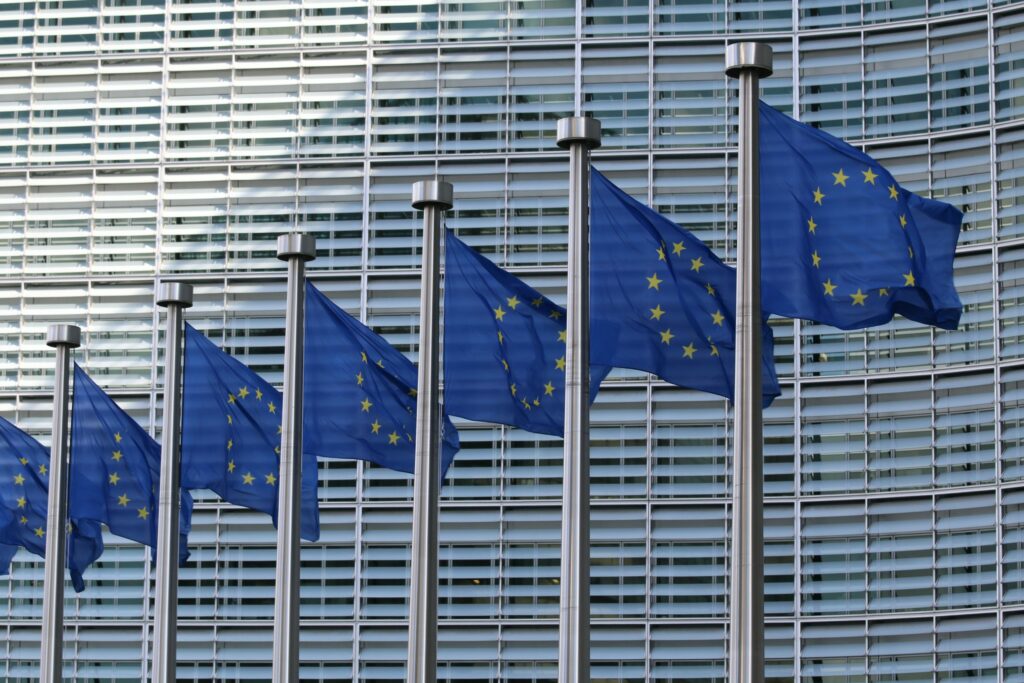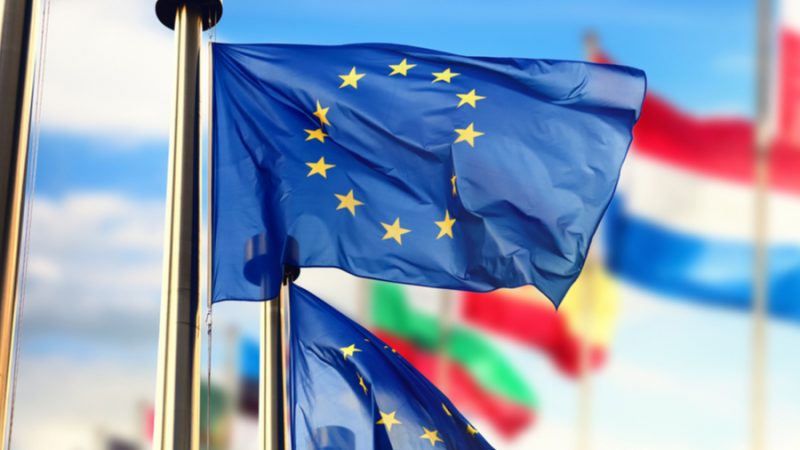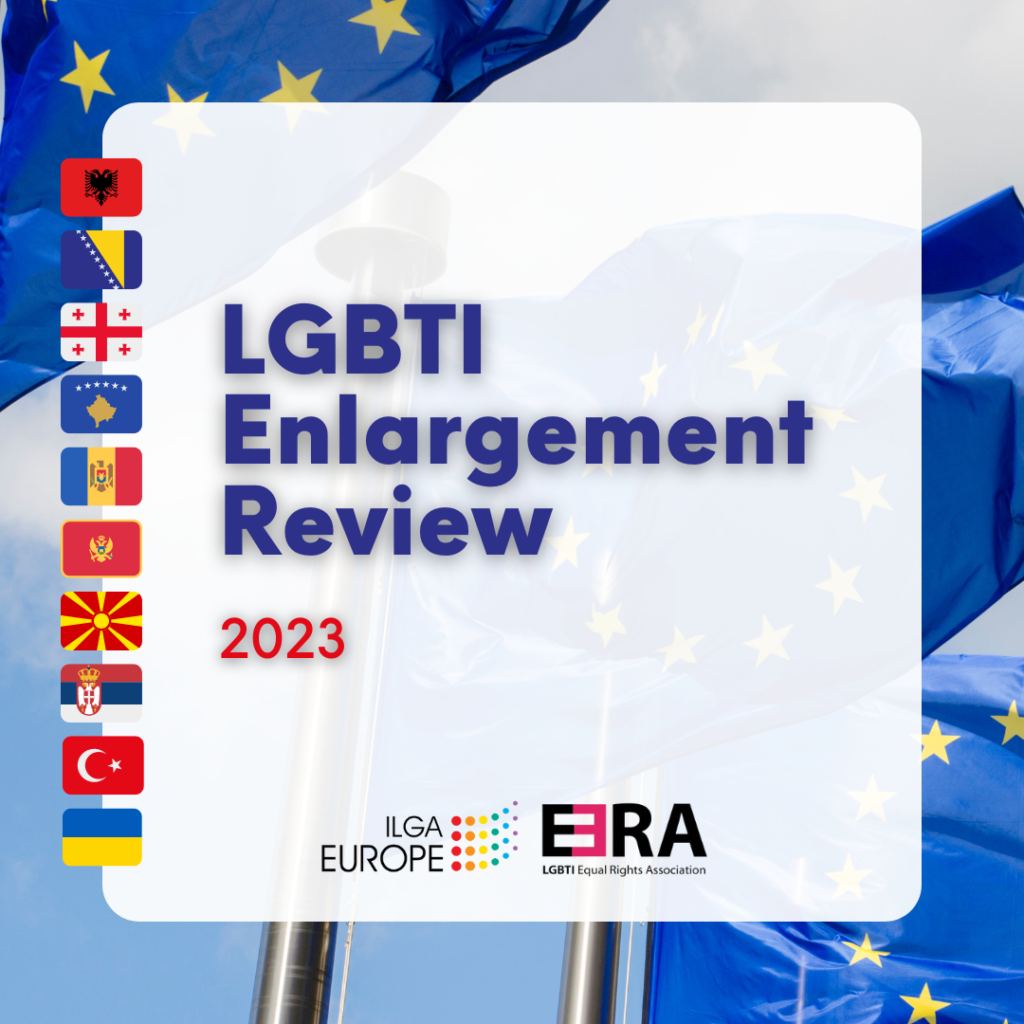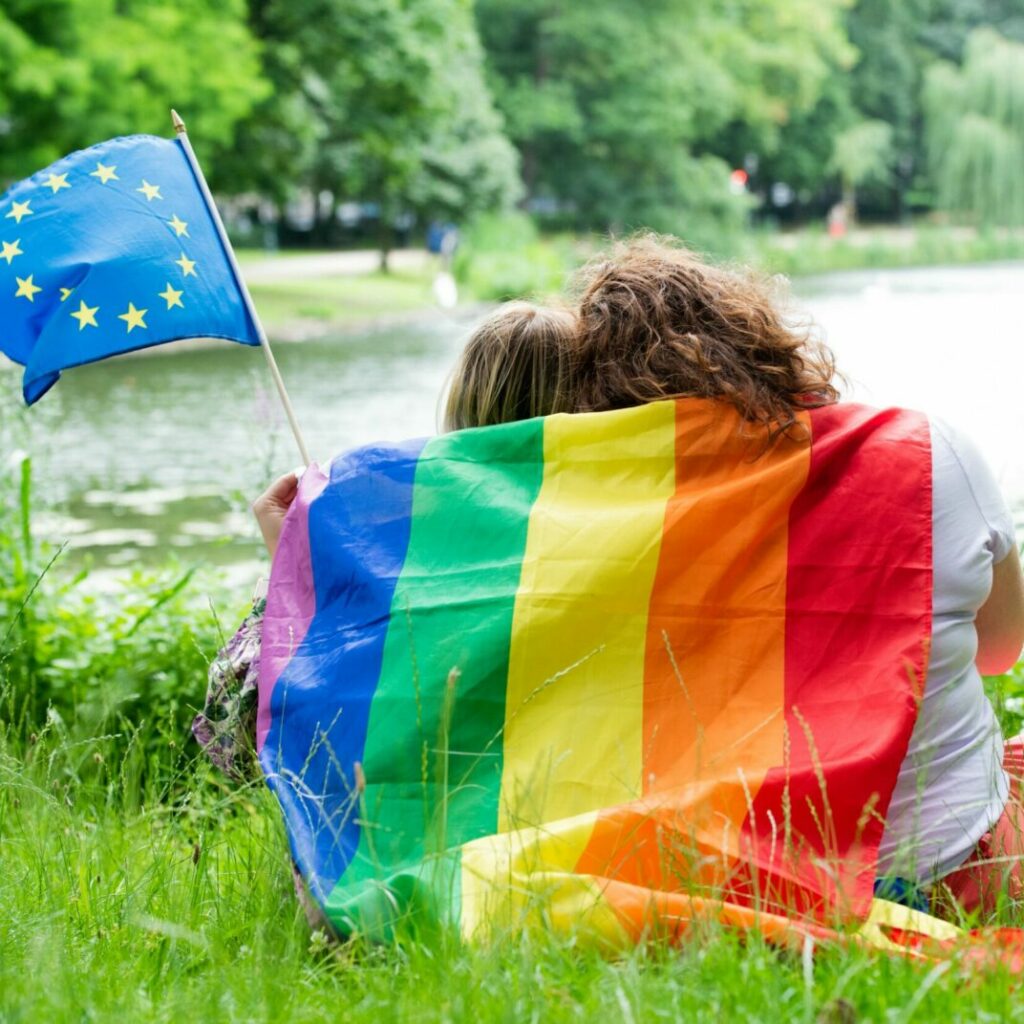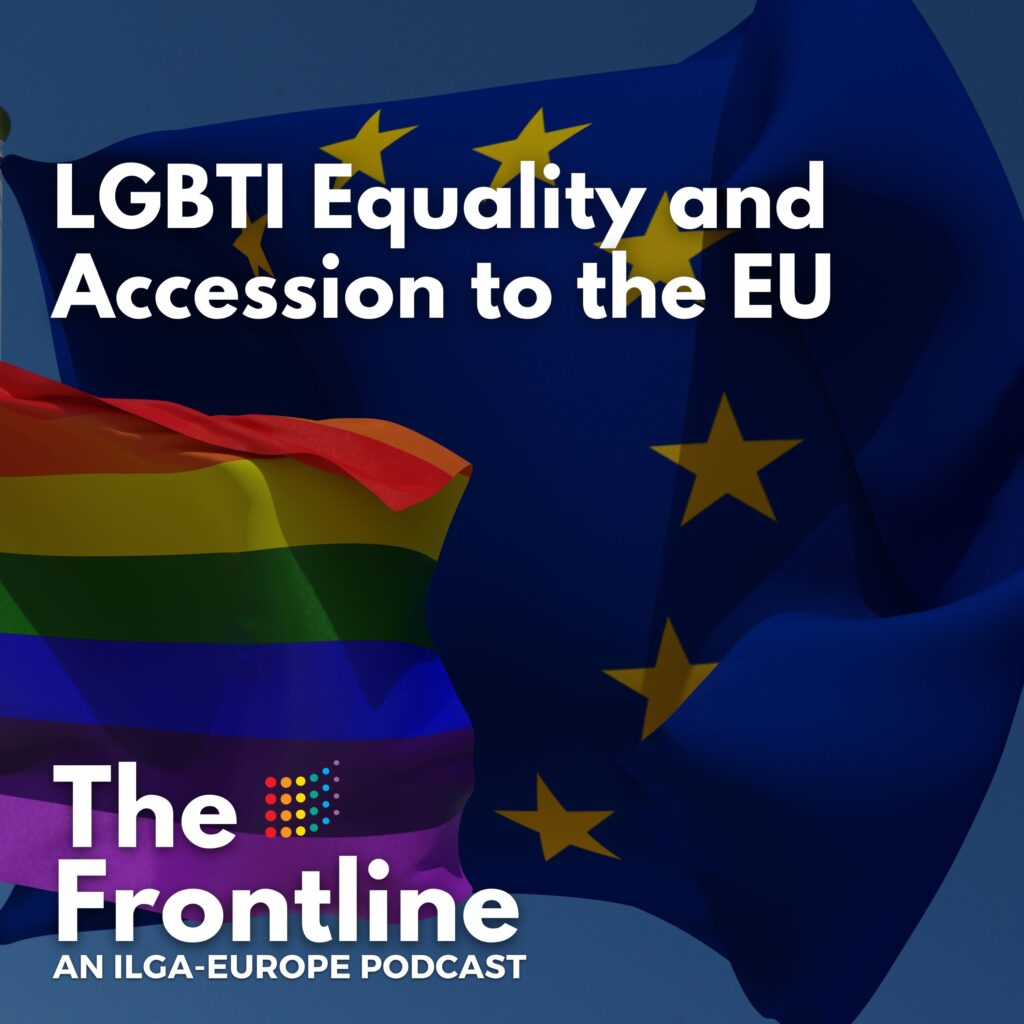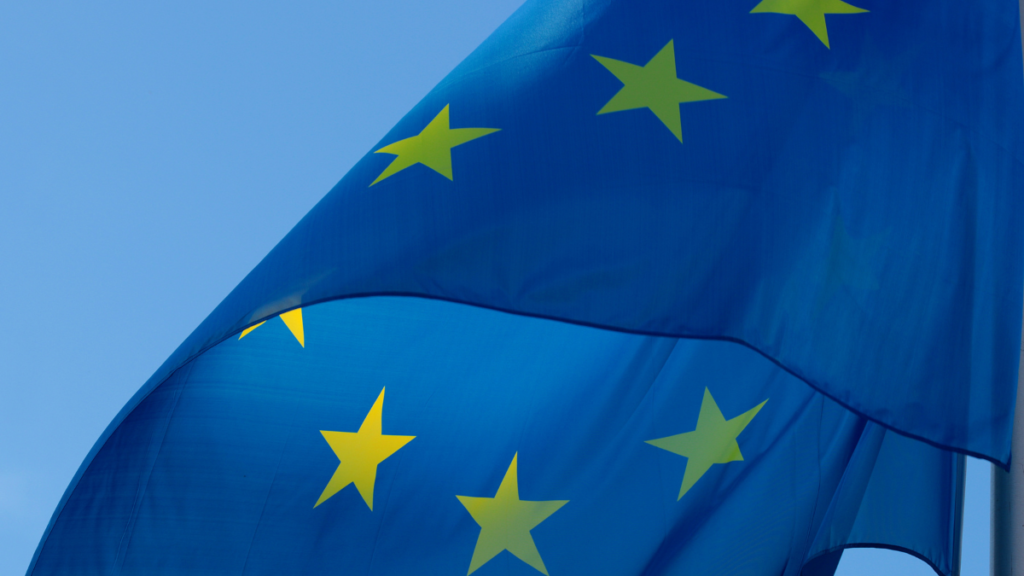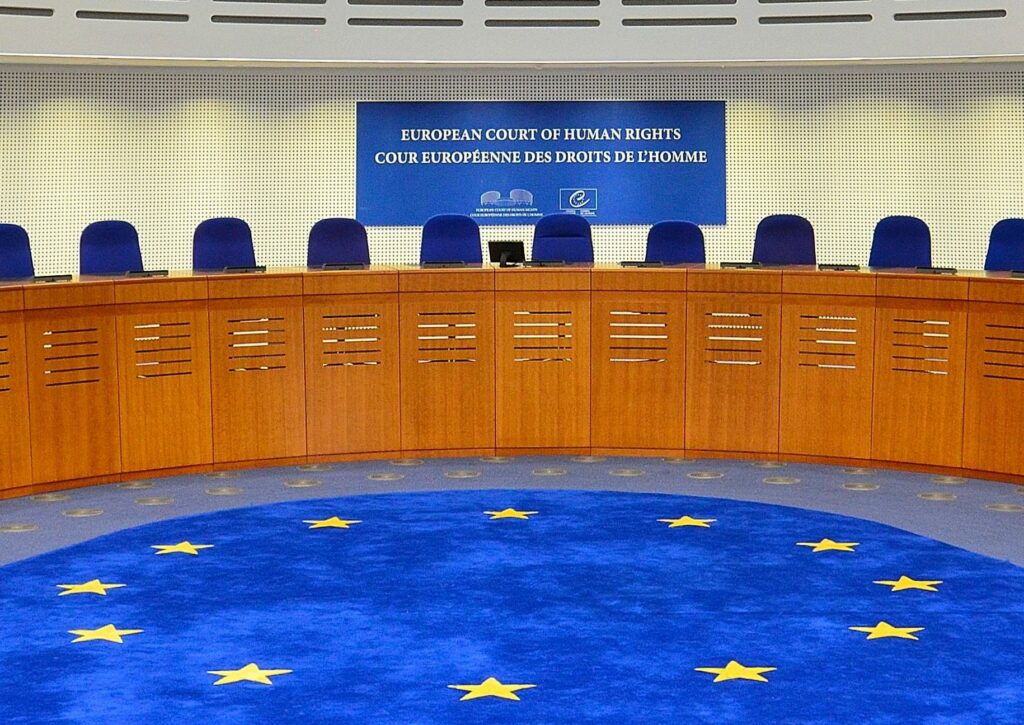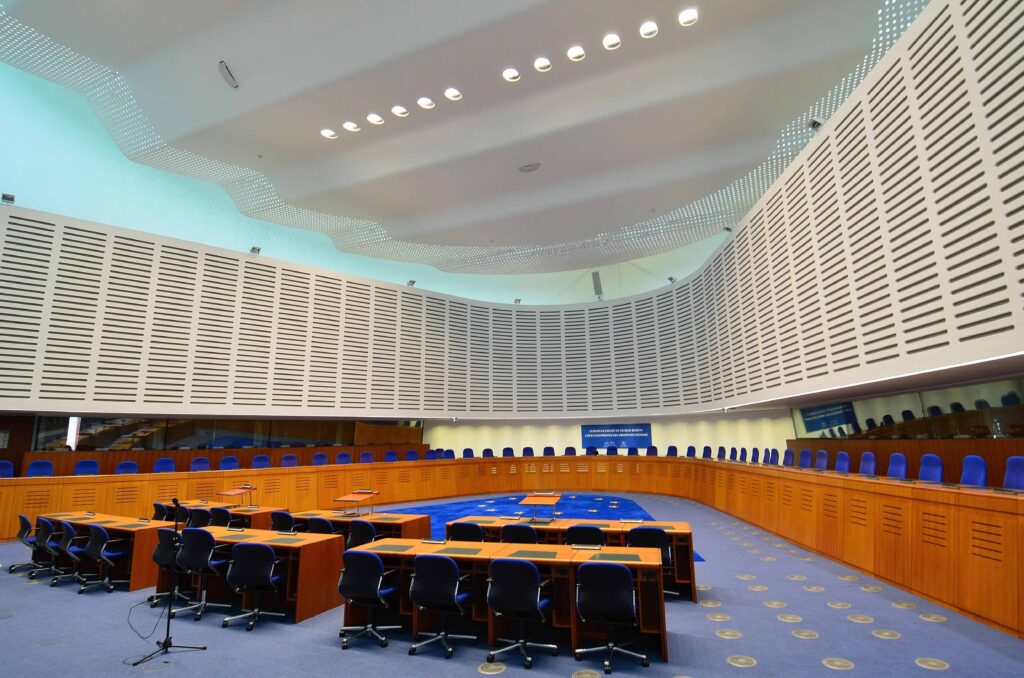Moldova
Categories Score
The full bar chart stands for 100%, and is filled by the country category score. The colour display uses the traffic light palette, with Green representing a score closer to 100% and Red a score closer to 0%.
ASYLUM
This category looks into laws that expressly include SOGISC as a qualification criteria for seeking asylum. We also take into account other legislation, policies, instruction or positive measures by state actors that are related to asylum addressing the needs and rights of LGBTI asylum seekers and refugees.
Criteria Compliance Ratio
Each pie charts stands for a category and is divided in slices by criteria. When a country complies with a criteria – fully or in some regions – the slice is coloured.
Keep in mind the criteria have different weighting factor within a category; for example, the criteria Prohibition of medical intervention without informed consent (intersex) stands for half (2.5%) of the INTERSEX BODILY INTEGRITY category weighting factor (5%). Meaning that even if a country can only comply with this specific criteria within the category (1/4 total criteria) the category scores 50%.
More information on the categories and criteria weighting factors here.
Category & Criteria Table
The table lists detailed information and insights on legislation supporting each criterion status. Please use the filters for in-depth analysis.
n/a = not applicable, meaning the criteria didn’t exist in the previous Rainbow Map edition (PROGRESSION column)
- Complies
- Applicable in some regions only
- Does not Comply
RECOMMENDATIONS
In order to improve the legal and policy situation of LGBTI people in Moldova, ILGA-Europe recommend:
- Adopting legal measures to ensure marriage equality.
- Allowing for name change without obstacles, including no age restriction.
- Adopting a fair, transparent legal framework for legal gender recognition, based on a process of self-determination, free from abusive requirements (such as sterilisation, GID/medical diagnosis, or surgical/medical intervention), and including access for non-binary individuals and no age restriction.
Annual Review of Moldova
In our Annual Review of the Human Rights Situation of LGBTI People in Europe and Central Asia, we examine the advances made and provide concrete examples of on-the-ground situations at national level country-by-country in the 12 months from January to December 2024.
Read our Annual Review of Moldova below for more details and stories behind the Rainbow Map. You can also download the Annual Review chapter (.pdf) covering Moldova.
-
In January, a 21-year-old trans woman and asylum seeker from Moldova took her own life two weeks after her asylum application was denied.
In March, the General Inspectorate for Migration denied refugee status to seven LGBTI people from Russia. The Inspectorate argued that the applicants failed to demonstrate risks or dangers if they were to remain in Russia and cited that mere membership to a social group would not award refugee status. The applicants challenged the decisions in court, with two rulings from the Court of Cassation issued in their favor. However, two decisions were refusals, and three other cases are still pending.
-
During the Moldova Pride festival several people posted videos on TikTok threatening and inciting hatred towards LGBTI people. Several complaints were filed with the police. Two people were identified and fined. Three more cases are under investigation.
Several instances of hate speech occurred during the electoral campaign for the presidential elections in the Republic of Moldova. “Political affiliation”, “sexual orientation/gender identity” and “sex/gender” are the criteria that have most cases of hate speech identified during this period. All pro-Russian parties used homophobic and transphobic language.
In September, two TikTokers in the Republic of Moldova were fined by the police for publishing hateful videos targeting participants from this year’s Pride March. The sanctions, one for hooliganism and the other for incitement to hatred, set a legal precedent in Moldova.
In September, Ilan Shor, leader of the opposition “Victory” bloc in Moldova, vowed to ban LGBTI propaganda if the country rejects European integration in the upcoming referendum. Shor pledged to push for legislation that would prohibit LGBTI propaganda and attacks on faith, aligning his position with anti-LGBTI stances, which are part of Russia’s broader agenda in the region.
In October, the Audiovisual Council of Moldova rejected appeals from the Communist Party of the Republic of Moldova (PCRM) and Our Party, who complained that Teleradio-Moldova had refused to air their electoral messages. One of the contested messages advocated for banning LGBTI propaganda in schools.
In November, the Audiovisual Council sanctioned the regional public broadcaster Găgăuzia Radio Televizionu with a fine of 15,000 lei for violating the principles of impartiality and accurate information and was warned against broadcasting discriminatory content. This decision came after a petition by the GENDERDOC-M Information Centre, which argued that the “Обсуждаем вместе” program on TV-Găgăuzia failed to respect the principles of freedom of expression, correct information, and human rights, featuring homophobic behavior, incitement to hatred, and discrimination.
-
In January, a trans man was physically and verbally assaulted by a passenger and the conductor of a bus in Chișinău. In response, the police and the Electric Transport Authority have launched an investigation, urging citizens to respect and support each other.
In June, a lesbian woman was assaulted on public transport by an Interior Ministry guard on grounds of homophobia. A police complaint was filed and the employee was fined.
In July, a young man was attacked in the city centre by several minors. The police on patrol nearby got involved late and let the assailants go without identifying them.
On the night of July 17-18, the door of the new office of Queer café in Chisinau, which organises events for queer people, was vandalised. A police complaint was filed.
On the night of July 19-20, a young LGBTI man was stripped naked near a club and was attacked by several men nearby. The assailants threw several objects at the man and then started beating him, knocking him to the ground. Several people called the police who were patrolling nearby but they said they would not get involved. The beating continued for a significant amount of time before the police eventually arrived after several calls.
In October, a lecture on queer history in Romania and Moldova, hosted by the Cărturești Bookstore and led by Florin Buhuceanu, founder of the Museum of Queer History and Culture in Romania, was disrupted by a bomb alert at the National History Museum of Moldova.
-
In September, a teacher at Anton Chekhov High School delivered a speech to students that included anti-European propaganda. The speech contained claims that following EU integration, children would be able to change their gender and that Ukraine had already installed urinals in girls’ restrooms and legalised same-sex marriage.
-
In January, Transnistria released an official document titled “Preservation of Traditional Values is the Priority of the State.”
The document addresses the rise of various movements and subcultures that advocate for non-traditional sexual relationships among youth. It describes this as widespread promotion carried out through media channels and public events, including online film screenings. The document asserts that the demonstration of what it terms “deviant behaviour” is increasingly viewed as normal in contemporary society.
In June, a draft law aimed at approving the Concept of the National Policy for the Preservation and Strengthening of Traditional Spiritual and Moral Values in the Republic of Moldova was registered by six deputies from pro-Russian parties.
-
In April, the Râșcani sector court dismissed the case of a same- sex couple seeking to have their marriage registered after the Public Services Agency also rejected the couple’s initial request.
-
In January, the Transnistrian region declared the year as the “Year of Family Values.” In this regard, the region outlined a focus on introducing legislative measures to criminalise the promotion of non-traditional sexual relationships and gender identities among minors.
-
In December 2023, a new law was enacted to amend Article 191 of Law No. 1409/1997 regarding medication. This legislation effectively prohibits the medications commonly used by trans men for hormone therapy. In the wake of this ban, several trans people have reached out to the GENDERDOC-M Information Centre, reporting that they are unable to purchase these essential medications, even when they possess a doctor’s prescription.
Since then, the Centre has met the Ministry of Health on this subject, clarifying that the Ministry is planning to set up a committee that will create a protocol for prescribing hormone therapy.
-
The GenderDoc-M Centre released a report detailing numerous instances of assault, discrimination, and harassment against LGBTI people throughout 2023. The report highlighted a significant amount of anti-LGBTI rhetoric originating from politicians.
In November, in its latest National Report on Moldova, the European Commission against Racism and Intolerance (ECRI) highlighted that discriminatory attitudes toward LGBTI people persist in Moldova. ECRI particularly noted that although there is a lack of official data on the LGBTI population, which hinders an accurate assessment of the situation, prejudice against LGBTI people remains widespread in Moldova.
-
The GENDERDOC-M Information Centre for Assistant was approached by a trans woman who suffered domestic violence due to her gender identity. The staff helped the victim file multiple complaints with the Ministry of Social Protection, the Children’s Ombudsman, and the police, prompting the formation of a commission to investigate her situation. Since she had no safe place to stay, she was accommodated in the refugee shelter operated by the GENDERDOC-M Centre until she reached adulthood.
-
In November, the European Commission against Racism and Intolerance (ECRI) released their latest national report on Moldova, recommending that Moldovan authorities intensify their efforts to ensure the independence, effectiveness, and proper resourcing of the Council for Equality and the Ombudsman.
The report also provided a series of recommendations, urging Moldovan authorities to take urgent and substantial actions to combat discrimination, promote equality, and protect human rights.
-
Frolov criticised statements by MP Marina Tauber and Gagauz Autonomy governor Evghenia Guțul, who, during a visit to Moscow, claimed European integration would undermine Moldova’s national identity and impose LGBTI values on the country.
During a visit to Moscow in September, Moldovan politicians Marina Tauber and Evghenia Guțul met with Russian officials, including Maria Zakharova and Olga Skabeeva. Tauber stated that European integration would destroy Moldova’s national identity and impose LGBT values, sentiments echoed by Guțul.
In October, two false bomb alerts targeted an LGBTI festival in Chișinău. The festival’s disruption came just days before key elections in which Moldova’s pro-EU President Maia Sandu sought re-election.
-
A recent survey conducted by the Centre for Sociological Analysis and Investigations CIVIS, commissioned by the Lex XXI Association, revealed significant gaps in understanding the LGBTI community among residents of Balti. Carried out from June 20 to July 11, 2023, the findings indicate that 90% of respondents lack awareness and comprehension of the issues faced by the queer community in the region. Furthermore, the social distance index towards the LGBTI community registered an average score of 5.1 on a scale of 0 to 7, with 7 signifying a very high level of distance or exclusion from society.
In December, the GENDERDOC-M Information Centre, in collaboration with Magenta Consulting, conducted a study titled “Evaluation of the Perceptions of Residents of the City of Chisinau About LGBT+ People.” The research surveyed 723 respondents aged 25-45 years. The results showed that only 9% of respondents held a positive attitude towards LGBTI people, while 44% had a negative opinion, a six percentage point increase compared to the 2023 survey. Overall, 55% of respondents were neutral or supportive. The Social Distance Index, which measures the level of acceptance towards various minority groups, revealed that LGBTI people continue to have the lowest level of acceptance, with an index of 1.75.
-
In February, the former president of Moldova, Vladimir Voronin, and six other opposition deputies were summoned by the Chisinau Appeals Chamber to face court proceedings over their involvement in a 2022 anti-LGBTI flash mob.
In June, the Court ruled in favour of a gay man who had been persecuted in the army because of his sexual orientation. As part of the ruling, the court ordered his aggressor to pay approximately 60,000 lei in compensation.
In June, the Chisinau Court ordered Bishop Marchel of Balti and Fălești ordered to pay 10,000 lei in moral damages to two LGBTI people for inciting discrimination based on sexual orientation.
The full Annual Review for 2025 is available here.

